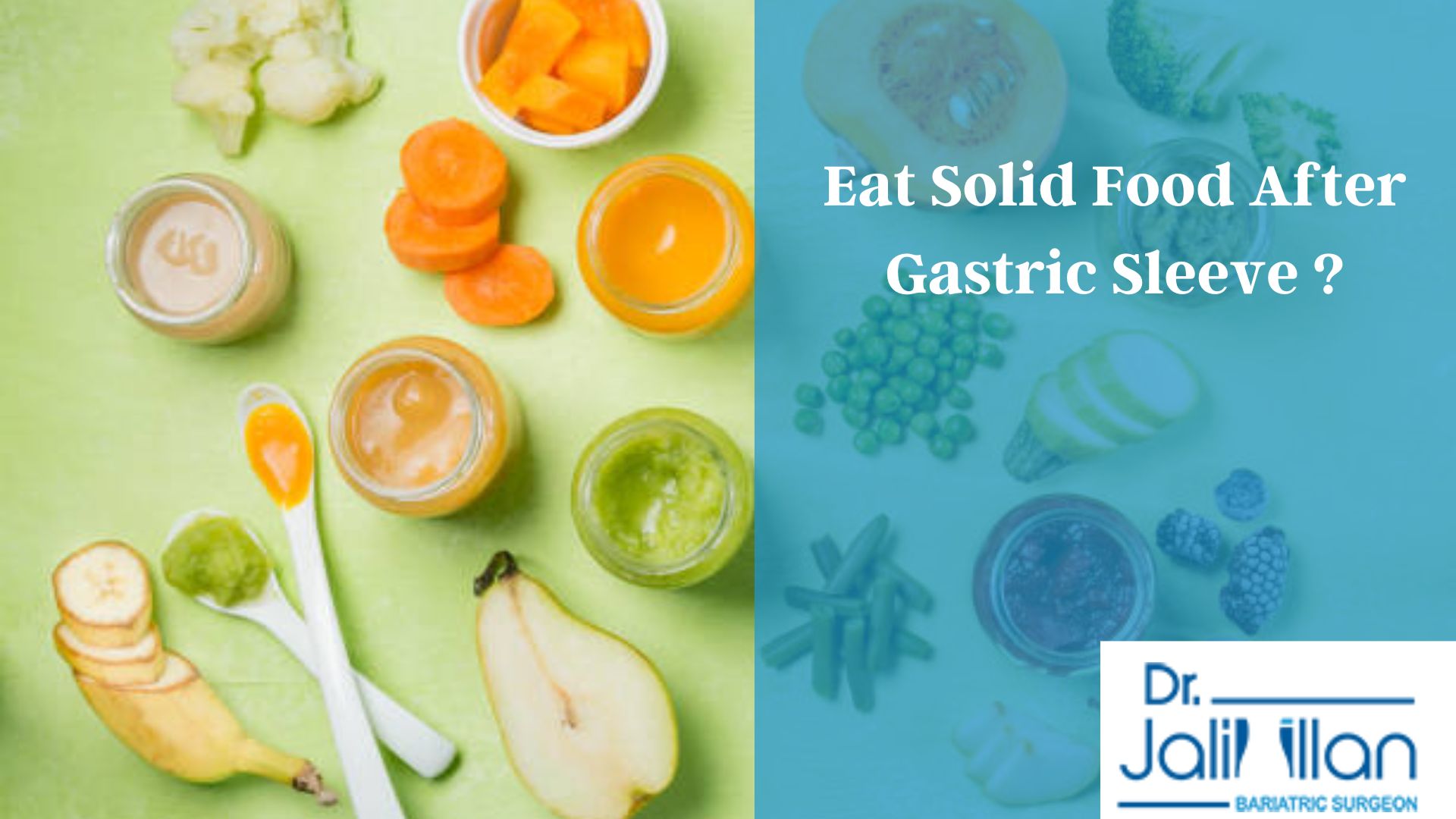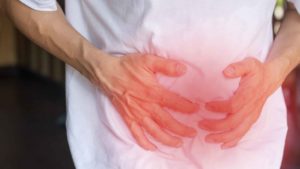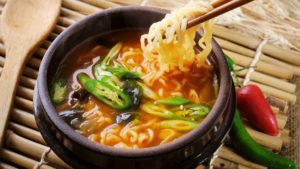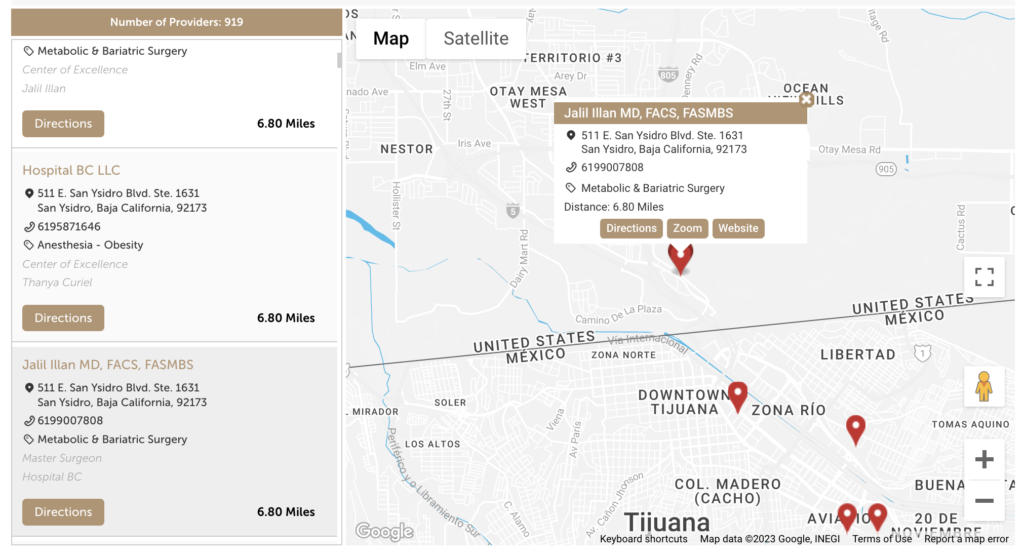A weight loss surgery is a drastic measure to help individuals lose weight. Among the various bariatric surgeries, gastric sleeve is one of the most popular procedures. This involves reducing the size of your stomach and removing a portion of it. As a result, after surgery, you need to follow specific diet guidelines to ensure successful results.
For example, before the surgery, only liquids and semi-solids are allowed.
Read more: Liquids You May Have Before Gastric Sleeve Surgery.
After a weight loss surgery like a gastric sleeve, solid food must be avoided for at least eight weeks. We will explain what happens if you eat solid food and why it should be avoided.
Reasons To Avoid Solid Foods After Gastric Sleeve
Eating solid food too soon after gastric sleeve surgery or not following post-op diet guidelines can lead to several issues. These include:
1) Nausea and Vomiting
One of the primary issues that can occur if you eat solid foods too soon after a gastric sleeve procedure is a nausea and vomiting. This is because the stomach is adjusting to its new size and shape, which means it cannot handle large amounts of food in one sitting.
2) Stomach Pain
Solid ingredients like meat, nuts, and beans may be challenging to digest after gastric sleeve surgery.
Eating these ingredients can result in belly aches due to the smaller measurement of the belly pouch.
Additionally, some sufferers experience nausea and vomiting if stable ingredients are eaten up too rapidly or in giant quantities.
Taking small bites and biting meals completely before swallowing is indispensable to avoid these symptoms.
It’s also necessary to ensure you take in sufficient fluids when consuming solid foods, as this will assist digestion.
Drink lots of water and different low-calorie drinks during the day and with meals. Taking a liquid multivitamin or calcium complement can help.
3) Blockages
Blockages in the digestive system can occur if patients don’t follow their post-op eating plan. Overeating food, including solid foods, at once or too quickly can lead to blockages requiring medical attention. Additionally, large pieces of meat and other hard-to-digest food should be avoided after gastric sleeve surgery, as these can cause blockages.
4) Weight Gain
Patients who don’t follow a proper post-op diet may experience weight gain after gastric sleeve surgery. Sticking to the allowed foods is essential to lose weight and avoid complications. Eating solid foods too soon or in large quantities can also lead to weight gain, as the body is still adjusting to its new size.
How Long Should You Wait Before Eating Solid Food After Gastric Sleeve?
If you have undergone a gastric sleeve, waiting the proper amount of time before consuming solid foods is essential. Depending on your healing process, this could be anywhere from two days to three weeks after surgery. During the first few days, liquids and puréed foods should be the primary focus to ensure proper nutrition and healing.
During the first two weeks, adhering to a soft diet of puréed and mashed foods is essential. Smaller portions are critical during this time to prevent any stretching or discomfort that could result from overeating. As your body heals, you can introduce more solid foods in gradually increasing portions.
When reintroducing solid food, ensure you are chewing it thoroughly before swallowing it. If you experience discomfort, nausea, or vomiting after eating solids, stop and revert to the soft diet for a few more days.
Call Dr. Jalil Illan for the best gastric sleeve surgery in Tijuana, Mexico. We understand gastric sleeve surgery is a major life-altering procedure and should be taken seriously. Following your doctor’s guidelines for diet, exercise, and lifestyle changes are essential to ensure the best results from your surgery.







